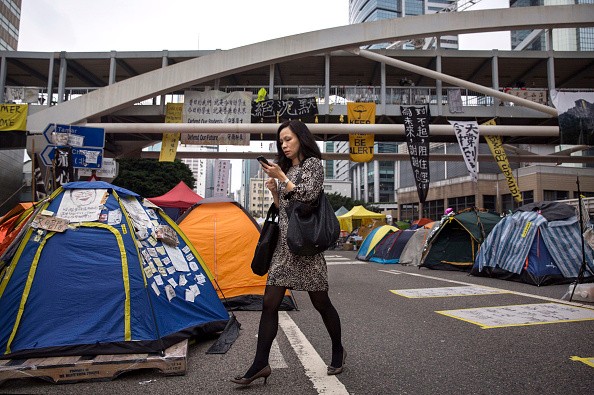The culture of meritocracy has always been China's strong suit in the country's long history. But in this modern day and age, this kind of culture has increased ten folds. We see this as Chinese women have increasingly become a part of Internet business after the advent of modernism.
According to a report in Bloomberg, the government of China estimates that the country's women have a huge role to play in the world of Internet. Approximately 55 percent of new Internet companies are founded by women. Moreover, more than a quarter of all entrepreneurs in China are women.
Such are the symptoms of highly developed and rationalized nations. The role of women has gradually advanced throughout each Chinese era and dynasty. However, there was kind of a paradigm shift after the arrival of modernity.
In modern times, gender equality has rampantly pervaded throughout the minds of the public and administration. Contemporary China, especially Shanghai, takes pride in revolutionizing the role of women and taking it to a whole new level.
Women in China have taken on dominant and independent roles, something that would seem absurd to someone from a century ago. However, the central government can potentially mold these newly founded paradigms into something which fits the country's core ideals.
According to the Global Times, the largest venture capital fund-raiser by a woman may likely seem to be in the Silicon Valley. Wrong! It's in Beijing. Contrary to common belief, the role of a common woman has expanded rapidly which had made China a great beneficiary of the contributing role of the female gender.
Given the fact that women have been consistently raised their contributory roles in technological avenues as well as capital ventures, it seems that Mao Zedong's ideology is still being practically implemented. The 1940s brought change in China's society where women started fighting alongside men in revolutionary combat.
Even though women in China are still not socially at par with their male counterparts, they have been liberated in the business point of view. Career-driven women have become a huge asset the ever-floating Chinese economy.
These women tread the path of a new revolution of individual choice. They choose their careers over marriage. This phenomenon has been going on side by side with the country's increasingly escalating community of foreigners working and living here.
In general, western men do not give much priority to social status when deciding over a marriage partner. Chinese men however, feel intimidated if their marriage partner is earning better than them.
Now given these limitations, career-oriented single Chinese ladies turn towards the less-discriminating foreign individuals who, according to them, seem to have a keen sense of belonging when it comes to marriage.
Recently, Shanghai has been opening up rights for foreign students to stay at work and extending the green-card status to the opulent foreign executives living in the urban centers. It's been claimed that the government is trying to open up resources for older, unwed or divorced Chinese women so that they find dating-and-mating easier.



























